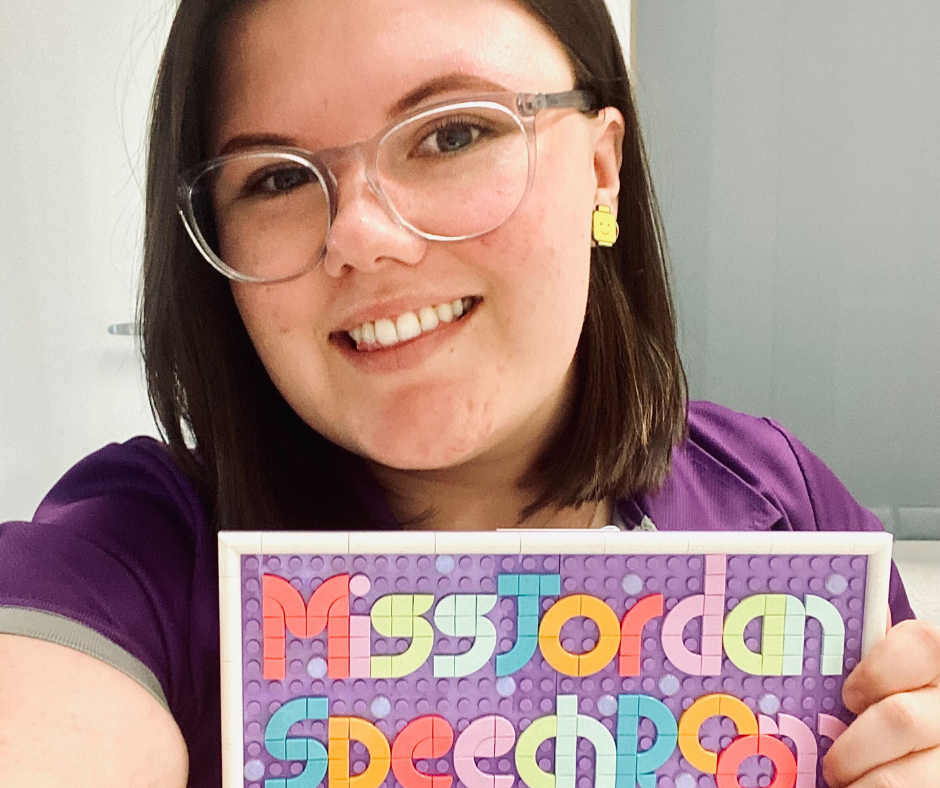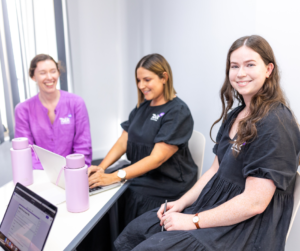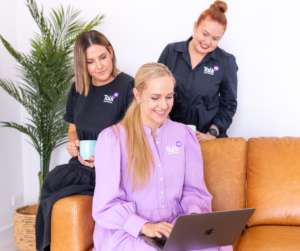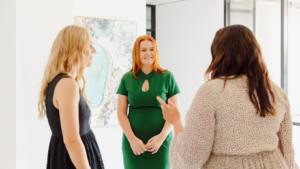Building Buddies is TalkHQ’s Lego group therapy program that helps kids strengthen their social communication skills while playing with Lego. It is suitable for neurodivergent children who love playing Lego. Playing with Lego is a great opportunity for all children to develop their language and socialise. We believe our Building Buddies program creates a maximally enabling play environment.
If you’re looking for an opportunity to help your child build their communication AND friendships, book into TalkHQ’s Building Buddies group therapy program. This blog will explain what this group is about, who it is most suitable for and why it benefits our clients. I will also address some of our FAQs that we get asked!
What is Building Buddies?
Our Building Buddies program is run by experienced speech pathologists who are passionate about helping neurodiverse children reach their full potential. We believe that every child deserves the opportunity to thrive in an inclusive environment!
The program was designed from Lego Therapy principles. It uses Lego building to support building friendships. These groups support neurodiverse interactions within a natural group setting. It will also help your child develop communication abilities and problem-solving skills.
For some children, social situations can be daunting. From noisy classrooms to crowded supermarkets, the challenges of everyday life can be overwhelming. However, there is one activity that so many kids (and adults!) love: Lego therapy.
Lego therapy is a form of play-based intervention that uses Lego bricks to help neurodiverse kids develop social communication. The therapist-led sessions help kids with turn-taking, sharing and cooperative play skills. In addition, the use of Lego bricks encourages creative thinking and problem-solving. As a result, Lego therapy can help neurodiverse individuals to develop essential life skills.
In addition to Lego Therapy principles, we also incorporate additional strategies and resources depending on the age and skill level of the group, such as:
- Emotional vocabulary
- Emotional regulation
- Perspective-taking tasks
- If… then discussions
For the younger four to five-year-old group. The following targets MAY be chosen:
- Asking/ offering/ refusing help from other team members
- Sharing with peers
- Identifying how they are feeling and others are feeling
- Self-regulation (PS We love Zones of Regulation)
- Early skills in recognising our own perspectives and other’s perspectives
For the older six to eleven-year-old group. The following targets MAY be chosen in addition to the social communication abilities:
- Negotiating roles and decisions within the group
- Collaborating and problem solving independently
- Self-advocacy
- Identifying our own and others’ perspectives to allow compromising
What’s involved in the Building Buddies groups?
Each of our groups runs for 1 hour each day for 4 days. It is important that your child attends each day of the groups. Children are placed in groups with children of similar age. Groups run for 4 days. Some families enjoy the group sessions so much that they have also signed up for a second consecutive group!
The speech pathologist will facilitate your child’s communication during different social situations in the group. Following this, they will send you a short vlog about how you can help support these social communication skills also.
Parents of children who attended reported feeling very EMPOWERED following the group. The kids love Building Buddies. They love the social use of language while building Lego AND friendships!
Do parents sit in the sessions as well?
Parents will wait in the reception. At the 50-minute mark, the speech pathologist will bring the children out to the parents and explain what was covered in the group. Because of confidentiality, specific feedback about your child’s performances is shared via the See Saw app. This is a REALLY important feature of the groups. A big component of speech pathology is coaching parents (and kids) on how to use particular techniques to help build and strengthen specific skills. These ten-minute daily tricks/tips in the family home make a world of difference to your child’s reading and spelling.
What does neurodiversity mean?
Neurodiversity is a broad term describing people’s brains that do not follow typical neuro-normative development. This means that neurodivergent brains process thinking, sensory and language information differently. The latest research has debunked previous beliefs that neurodivergent children need to be “taught social skills”. At TalkHQ, we are promoting neuro-affirming practices and neuro-affirming language. We love the way this neuro-affirming letter is written! A must-read for all families!
Some neurodiverse conditions include:
- Autism (ASD)
- Attention Deficit Hyperactivity Disorder (ADHD)
- Developmental Language Disorder (DLD)
- Dyspraxia
- Tourette’s Syndrome
- Dyslexia
- Dysgraphia
- Dyscalculia
How many children are in each Building Buddies group?
We only allow 3-4 children per group to maximise learning.
How do I enrol in the groups?
Contact Us here and our support services team will be in touch to add your child to the group. Alternatively, click these links for 4-5-year olds or 6-11-year-olds. You will be taken to our online booking system. and you can select the location and time that suits you. For private paying clients, we require a deposit of $96. Once enrolled in the group, we will send you a confirmation email, case history and payment details.
If there is no availability for this group at your location, let us know here! We will contact you again when the group becomes available.
What if the Building Buddies groups are already full?
You can register your expression of interest. We will contact you when the next round of groups becomes available. To ensure your child’s place, we recommend paying a deposit.
How much does group therapy cost?
Each session costs $96. This includes a $10 non-refundable administration fee.
How much is the deposit?
The deposit is $96, payable at the time of booking. NDIA-funded clients will need to submit a completed service agreement to secure their child’s place.
What if my child can’t attend Building Buddies?
We understand that life happens and plans can suddenly change. You must contact us to let us know you cannot attend. Your child can attend a group at a later date.
If you are no longer interested in attending the groups, you will receive a refund of $86.







